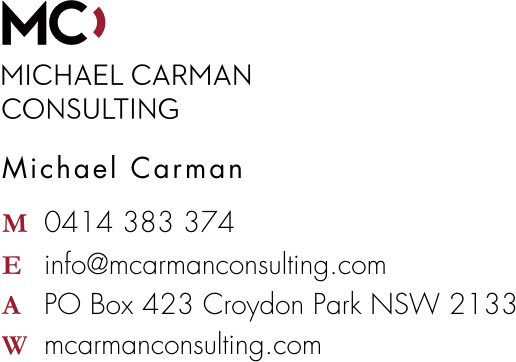Trump, China, Political Participation & Domestic Schisms
Over the past four years, Donald Trump told people to inject disinfectant; commuted the sentence of a convicted felon; obstructed justice; attempted to coerce a foreign entity for domestic political gain; brought America to the brink of a hot war with Iran; publicly sided with unfounded assertions by Putin over the advice of his own intelligence community; said there were ‘good people on both sides’ when a right-wing protester killed a peaceful protester at Charlottesville; paid off a porn star in violation of campaign finance rules; self-dealt in relation to overseas dignitaries staying at his properties; had his fund-raising charity closed down due to misuse of funds; told false and misleading statements at the rate of more than 50 per day; and allowed the coronavirus to spread across the nation with an absence of federal leadership, with more than 100,000 new cases being added each day nationally and total deaths at more than a quarter of a million.
What is most noteworthy however is that notwithstanding the above, 73 million Americans voted for him a fortnight ago. This is the second-highest popular vote in US history.
What’s behind this? And are there any implications for Australia?
The first thing to note is the role of China and its growthin this situation, and the support that Trump’s anti-China rhetoric won him. China’s massive economic, industrial and military expansion has been associated with the hollowing out of the manufacturing bases of a number of Western countries, including both the US and Australia, at the same time as Western markets have been flooded with low-cost Chinese imports. Although the same kind of phenomenon occurred earlier in the second half of the twentieth century with Japan – and subsequently the four newly-industrialised ‘tiger’ economies (Taiwan, Singapore, Hong Kong and South Korea) – China’s growth is larger by many orders of magnitude. This has fuelled a hard-bitten anti-China sentiment among many in the Western manufacturing and industrial sectors displaced by China’s growth, which was also given impetus this year with the coronavirus.
In Australia’s case, the hollowing out has been accompanied by growth in our exports – largely of raw materials – to China to fuel its voracious growth. This has been associated with a decline in the complexity of the Australian economy, as measured by the Harvard Kennedy School's Center for International Development, and which is summed up in the Australian Financial Review headline of the article reporting the Harvard research: ‘Australia is rich, dumb and getting dumber’ (8 October 2019).
Chinese growth was given a fillip by the decline in Western (especially American) credibility and status in the wake of the GFC. At the same time, the large-scale wiping out of retirement savings occurred during a prolonged period of low wage growth, contributing to economic vulnerability for large sections of the community. Several prominent and recent examples of major employers under-paying thousands of employees in Australia have aggravated the situation. So too has technological displacement of low-skilled workers by artificial intelligence (AI).
Through the same period however, the concerns of many formerly dispossessed sections of society (women, blacks, gays and the environmental lobby) have gained mainstream acceptance, with an expansion of rights and participation in economic and political processes. This has exacerbated the sense of displacement of those impacted by the industrial hollowing out, and the economically vulnerable in sectors other than those gaining voice and an expansion of rights.
There is thus an active and hardened polarisation, reflected in the high voter turnout and large votes for both presidential candidates, and the relatively close results in the US Senate and the House of Representatives, between displaced suburban and regional white folk on one hand, and educated urban people, and minorities, on the other.
While this polarisation is more pronounced in the US than Australia, the same forces are at play.
And if there were any doubt about that, the words ‘Trump 2020’ written across the Sydney sky by a sky-writer on a Sunday in mid-November should put those doubts to rest.
- 16 November 2020

© Michael Carman 2020
